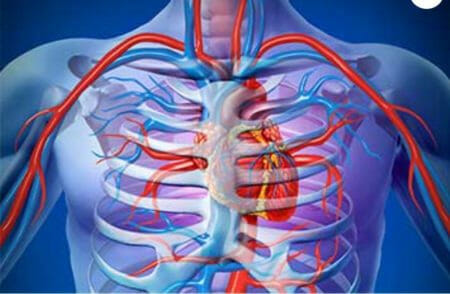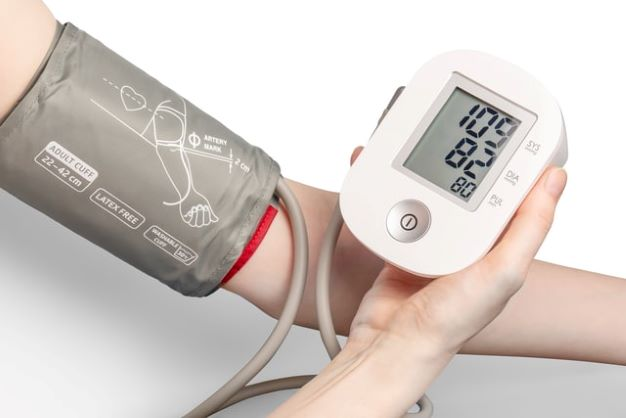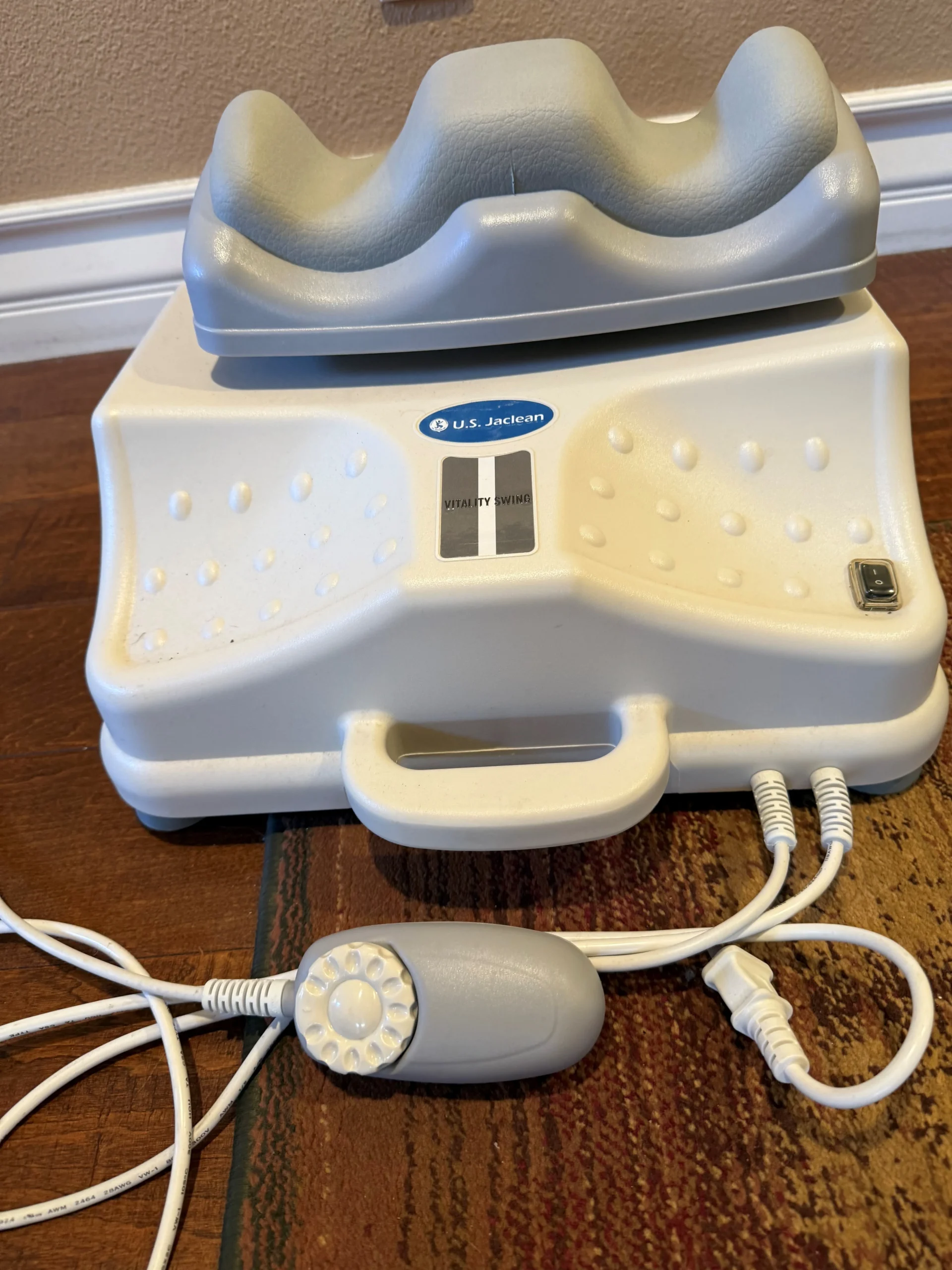Know Your Heart Health Numbers PODCAST episode of The Dr Karen Health Show reviews the bio markers you need to keep track of for your heart ❤️ health. Be sure to have a pen and paper to write these down !
Blood sugar is also measured by the amount of glycosylated hemoglobin (HbA1c) in your blood. An A1c test gives you a picture of your average blood sugar control for the past 2 to 3 months and provides you with a better idea of how well your diabetes treatment plan is working.
Do you have a strong history of heart disease or stroke in your family? If so, this is a must have test to understand the particles of your vascular system. Lifesaving changes can be made with natural interventions once you understand your detailed cholesterol pattern. This is new science and insurance is not yet covering this test.
CLICK HERE for your Advanced Cholesterol Panel
This collection of labs is known as an Advanced Lipid Panel. This comprehensive cholesterol test includes all of the tests in the fasting lipid panel plus both the LDL and HDL subclasses.
The Advanced Lipid Panel takes it even further by directly measuring LDL, the LDL particle number, and LDL pattern type. This test will also measure Lipoprotein (a), also called Lp(a). Nearly 1 in 5 Americans have Lp(a), a dangerous modified LDL particle. Lipoprotein(a) Lp(a) is a cholesterol‐rich, LDL‐like particle that is independently associated with an increased risk for ischemic heart disease, atherosclerosis, thrombosis, and stroke.1
This gives you much more information (than a standard cholesterol test) about the way your body transports and stores cholesterol particles.
As well as measuring your good and bad cholesterol levels, Lp(a) levels and triglycerides, this test gives you detailed information about your LDL particles, including how damaging (or not) they are to your blood vessels. Once you have this baseline information, there are a range of things you can do to improve your blood vessel health.
The Lp (a) test is used to measure the blood level of small dense lipoproteins, which are a direct link to the formation of arterial plaques (atherosclerosis), and is a strong indicator for coronary heart disease.
Your level of lipoprotein (a) is determined by your genes and is not affected by your lifestyle or by most medicines. But if your test results show a high level of lipoprotein (a), your health care provider may make recommendations to reduce other risk factors that can lead to heart disease
CLICK HERE for your Healthy Blood Vessel Panel
Tested biomarkers include:
Triglycerides, Total Cholesterol, HDL Cholesterol, LDL Cholesterol, Cholesterol/HDL Ratio, Non- HDL Cholesterol, Lipoprotein (a), Apolipoprotein B, LDL Particle Number, Peak Size, Pattern, HDL Large, LDL Small & Medium
Know Your Heart Health Numbers
 What is Your A1c and Fasting Blood Sugar ?
What is Your A1c and Fasting Blood Sugar ?
Blood sugar is also measured by the amount of glycosylated hemoglobin (HbA1c) in your blood. An A1c test gives you a picture of your average blood sugar control for the past 2 to 3 months and provides you with a better idea of how well your diabetes treatment plan is working.
What Is Your Blood Pressure?
The American Heart Association recommends Less than 130/80 mm Hg Blood pressure is the force of blood against the arteries when the heart beats and rests Blood pressure is typically measured by an automatic cuff. Systolic pressure (top number) is the peak pressure in the arteries, and diastolic pressure (bottom number) is the lowest pressure.What Is Your Cholesterol?
Get your cholesterol checked and talk to your doctor about your numbers and how they impact your overall risk Because cholesterol is unable to dissolve in the blood, it has to be transported to and from the cells by carriers called lipoproteins. Low-density lipoprotein (or LDL) cholesterol, is known as “bad” cholesterol; high-density lipoprotein (or HDL) cholesterol, is known as “good” cholesterol. Need an ADVANCED LIPID profile? CLICK HERE for How to Read A Cholesterol Panel Advanced Cholesterol Panel
Advanced Cholesterol Panel
Do you have a strong history of heart disease or stroke in your family? If so, this is a must have test to understand the particles of your vascular system. Lifesaving changes can be made with natural interventions once you understand your detailed cholesterol pattern. This is new science and insurance is not yet covering this test.
CLICK HERE for your Advanced Cholesterol Panel
This collection of labs is known as an Advanced Lipid Panel. This comprehensive cholesterol test includes all of the tests in the fasting lipid panel plus both the LDL and HDL subclasses.
The Advanced Lipid Panel takes it even further by directly measuring LDL, the LDL particle number, and LDL pattern type. This test will also measure Lipoprotein (a), also called Lp(a). Nearly 1 in 5 Americans have Lp(a), a dangerous modified LDL particle. Lipoprotein(a) Lp(a) is a cholesterol‐rich, LDL‐like particle that is independently associated with an increased risk for ischemic heart disease, atherosclerosis, thrombosis, and stroke.1
This gives you much more information (than a standard cholesterol test) about the way your body transports and stores cholesterol particles.
As well as measuring your good and bad cholesterol levels, Lp(a) levels and triglycerides, this test gives you detailed information about your LDL particles, including how damaging (or not) they are to your blood vessels. Once you have this baseline information, there are a range of things you can do to improve your blood vessel health.
What Is Your Lp(a)?
Lipoprotein (a) is a type of LDL (bad) cholesterol. A high level of lipoprotein (a) may mean you are at risk for heart disease.
Heart Health Plan
- Eating a Heart healthy diet
- Keep weight at a good level
- Don’t smoke
- Get regular exercise
- Reduce stress
- Maintain healthy blood pressure
- Reduce LDL cholesterol





























